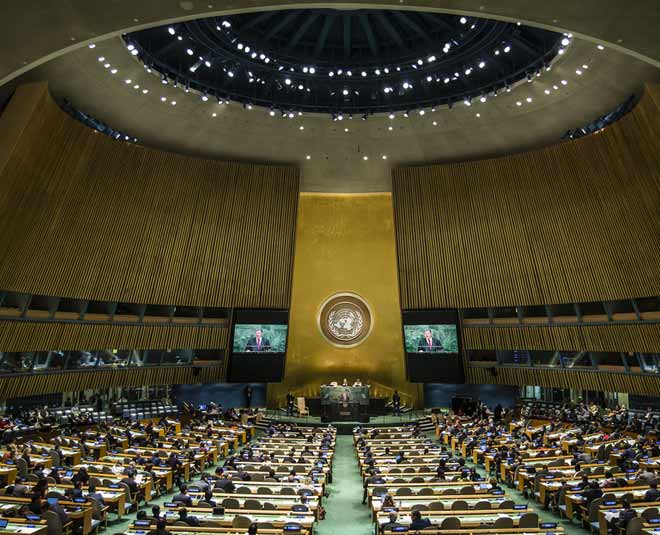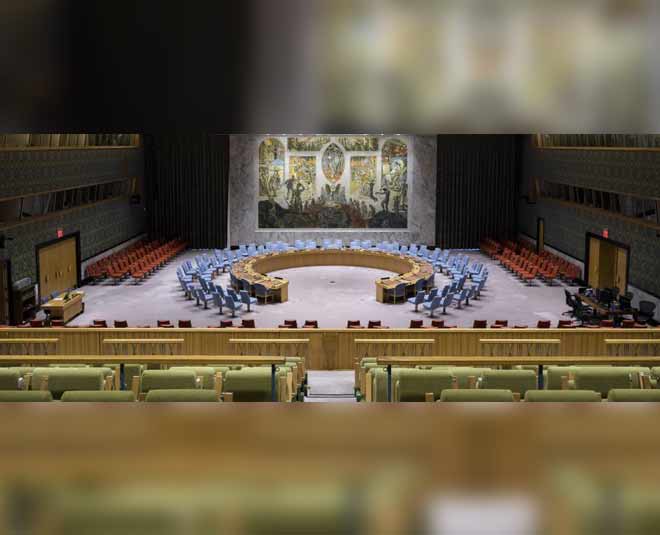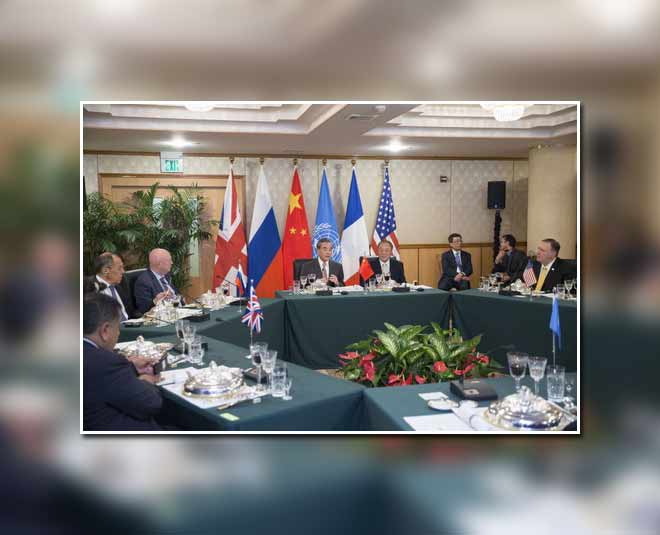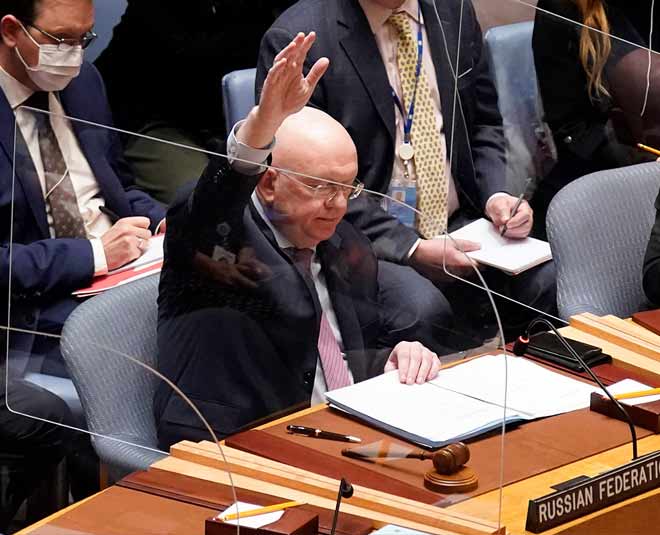
You might have been hearing that discussions are going on in the United Nations Security Council regarding the Veto Power during the past week. What is it all about? Read this article to know more!
On 25th February 2022, Russia used its veto power to a UNSC resolution that condemned Russia's "aggression" against its smaller and militarily weaker neighbour country Ukraine.
The resolution states that Russia "shall immediately cease its use of force against Ukraine and shall refrain from any further unlawful threat or use of force against any UN member state."
While, 11 countries voted in favour of the resolution, countries like India, China, and the United Arab Emirates abstained from voting, which basically means that these countries showed significant but not total opposition to Russia’s invasion.
Now, you might be wondering that what is UNSC? What does Veto Power mean? How a country can use Veto Power?
Don’t worry, today, we are going to explain everything about this and in much simpler terms. Scroll down.

Image Courtesy: un.org
The United Nations Security Council (UNSC) was established by the UN Charter in the year 1945. It is one of six principal organs of the United Nations and has been given the charge to maintain international peace, harmony, and security.
The Council has 15 members in total and takes the initiative to determine how the dispute between two or more countries can be halted after comprehensive discussions with the member states and the disputing parties.
A Veto Power is basically a negative vote and is the primary distinction between the permanent and non-permanent members of the UNSC.
In simple terms, if any one of the permanent member states of the Security Council casts a Veto Power or a negative vote in a pending decision of the Council then, the resolution cannot be approved.
As per Article 27 (3) of the United Nations Charter, the Council must take all the important decisions with “the concurring votes of the permanent members.”
Don't miss:5 Ways Malala Yousafzai Motivates Us To Rise Above All Circumstances

Image Courtesy: mfa.gov.cn
The UN Security Council has a total of 15 members among which there are 5 permanent members and 10 non-permanent members.
The permanent members of the UNSC are the United States, Russia (formerly, USSR), France, China, and the United Kingdom. These countries have somewhere played a crucial part in the establishment of the UN because of which they are provided with some special privileges. One of these is exercising the Right to Veto.
On the other hand, the non-permanent member states are elected for two-year terms. At present, the non-permanent members of the UNSC are India, Estonia, Ireland, Kenya, Mexico, Niger, Norway, Saint Vincent and the Grenadines, Tunisia, and Vietnam.
Though these member states have a Right to Vote but they can’t exercise the Right to Veto.
Don't miss:First Time Voter: If We Do Not Vote, Then We Are Giving Up Our Rights

Image Courtesy: The Times of Israel
Over the years, all the permanent members have used the Veto Power. But Russia has used this privilege the most times, followed by the United States.
What new facts have you got to know? Do share your thoughts with us on our Facebook page. For more such stories, stay tuned to HerZindagi!
Also watch this video
Herzindagi video
Our aim is to provide accurate, safe and expert verified information through our articles and social media handles. The remedies, advice and tips mentioned here are for general information only. Please consult your expert before trying any kind of health, beauty, life hacks or astrology related tips. For any feedback or complaint, contact us at [email protected].